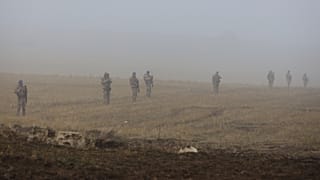Humanitarian aid
Member states of the World Health Organisation (WHO) have approved reforms that will increase the agency’s ability to respond effectively and rapidly to health emergencies.
During the World Health Assembly in Geneva, experts discussed how the new measures will help countries tackle emergencies such as Ebola, Yellow Fever and Zika virus.
WHO Director General, Margaret Chan, said outbreaks such as Ebola if not well managed can spiral out of hand and become a humanitarian crisis adding that WHO and its partners are working hard to manage the Zika virus.
WHO came under criticism over its delayed response to the Ebola outbreak in West Africa that killed over 11,000 people.
With the new reforms, a health emergencies programme with its own equipped staff will be repatriated to areas of major outbreaks within 72 hours.
The delegates also agreed to put nearly $500 million in the programme for the 2016-2017 year, an increase of nearly 50 percent from prior emergency funding levels.
Press Agencies












00:04
Hurricane Melissa could cost Jamaica $15bn - UN
01:35
Haitians try to rebuild lives in aftermath of Hurricane Melissa
Go to video
WHO condemns airstrikes that killed 114 in Sudan
00:30
Global humanitarian crisis worsens, UN seeks $23 Billion for 2026
01:11
Malaria deaths, cases surged in 2024 with gains at stake - Report
01:07
Congolese authorities declare end of Ebola outbreak in Kasai